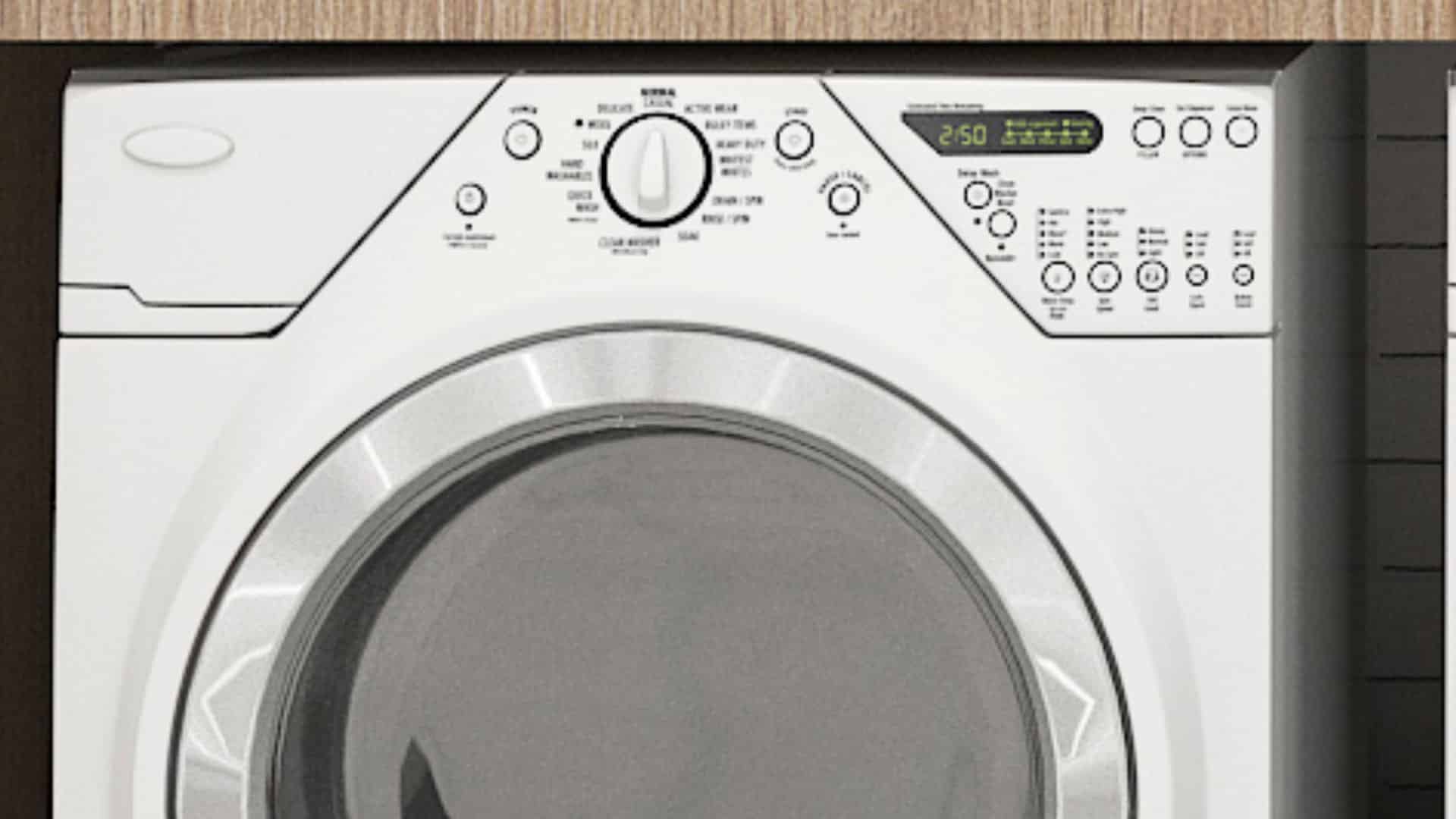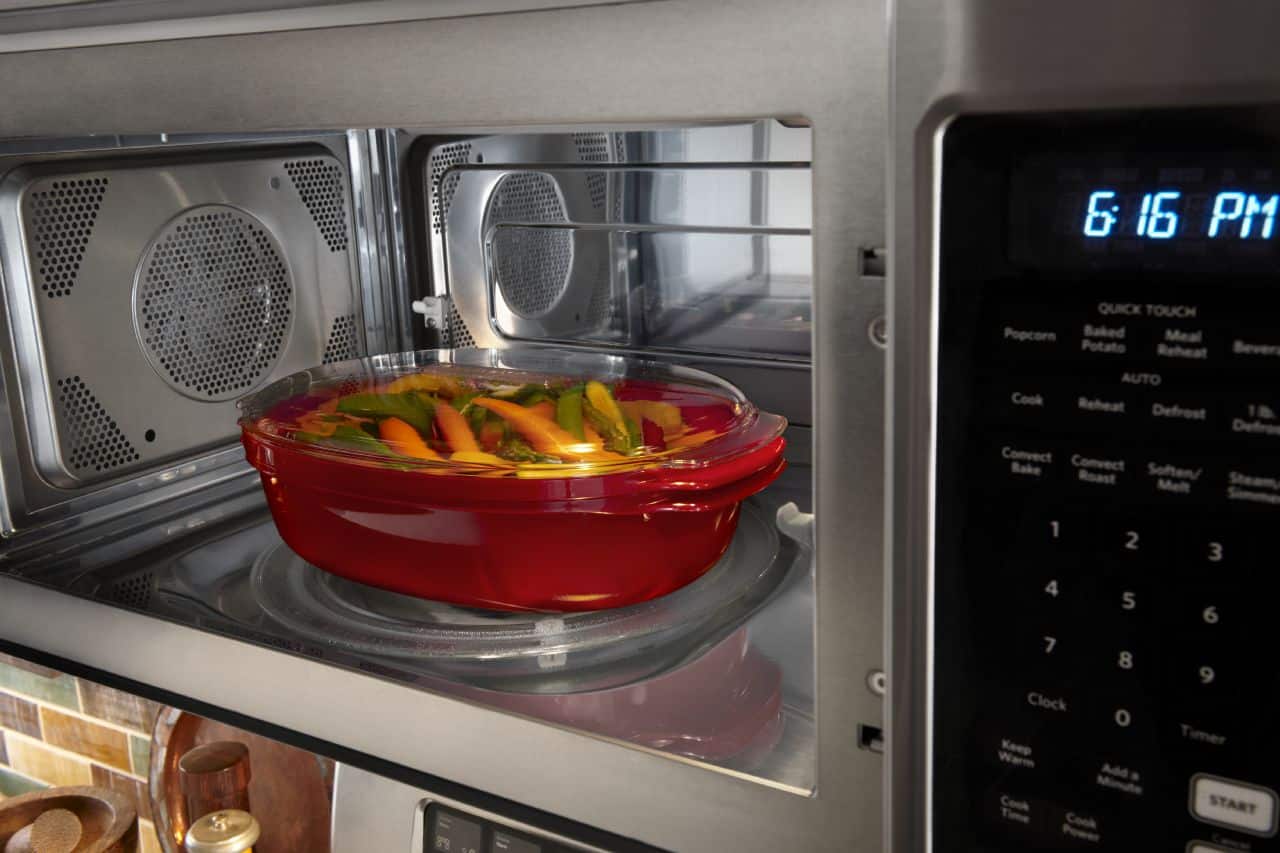
If you’re adventurous enough to open up your microwave oven and replace a blown fuse, you could be in for a bigger challenge. If all goes well, it will run fine with the new fuse. You can congratulate yourself on a job well done.
Sometimes, though, the new fuse will blow when you try to cook anything. It might happen when you open the door, or when you start heating. When you replace that fuse, it will probably just happen again. Or perhaps it will run for a few days or weeks, then blow another fuse. There are several possible reasons.
Danger, danger!
We recommend that you do NOT work on the inner components of a microwave. Some components have as much as 2,000 volts powering their operation and can lead to serious harm, even death. You should call a local appliance repair company that has experience working on microwaves.
Causes of blown fuses
Here are some possible causes of repeated blown fuses, from the easiest to fix at home to the hardest.
- The cooling fan might have died or lost its effectiveness. If the oven goes a long time between blown fuses, this might be the reason. An object might have gotten lodged in the fan and stopped it from rotating. Removing it could fix the problem. Accumulated dust and grease might be obstructing the air flow, in which case cleaning up the fan and the vent could improve the situation. Third, the positioning of the oven could block the air flow. Moving it so that it has better ventilation may fix the problem. Or the fan may just have stopped working, in which case you’ll need to replace it.
- A loose screw or other piece of metal could be causing a short circuit. Inspect the interior for any suspicious objects. If you see something lying loose, you may be able to get it out. Don’t touch any interior metal without discharging the capacitor first. A tool such as needle-nose pliers may let you get it out safely, but only use one with a well-insulated handle, and be careful what you touch.
- The high voltage capacitor could be shorted out. A capacitor with a charge is extremely dangerous to touch, but once it’s discharged, replacing it is within the reach of someone skilled at home electrical repairs. Do NOT attempt if you have not been properly trained on microwave repair.
- If the fuse blows when you open the door, the door interlock might be malfunctioning. This is a design feature. If the door isn’t properly closed, microwaves could leak out. The oven will disable itself rather than let this happen. This is a tricky repair, involving multiple small components, and best left to a good repair shop.
If we’re making this sound scary, it’s because it is. We don’t want you killing yourself to save a few dollars in repairs. Fixing air flow problems isn’t too hard, but beyond that, if you have any doubts about your abilities, just give us a call and we’ll do the job.
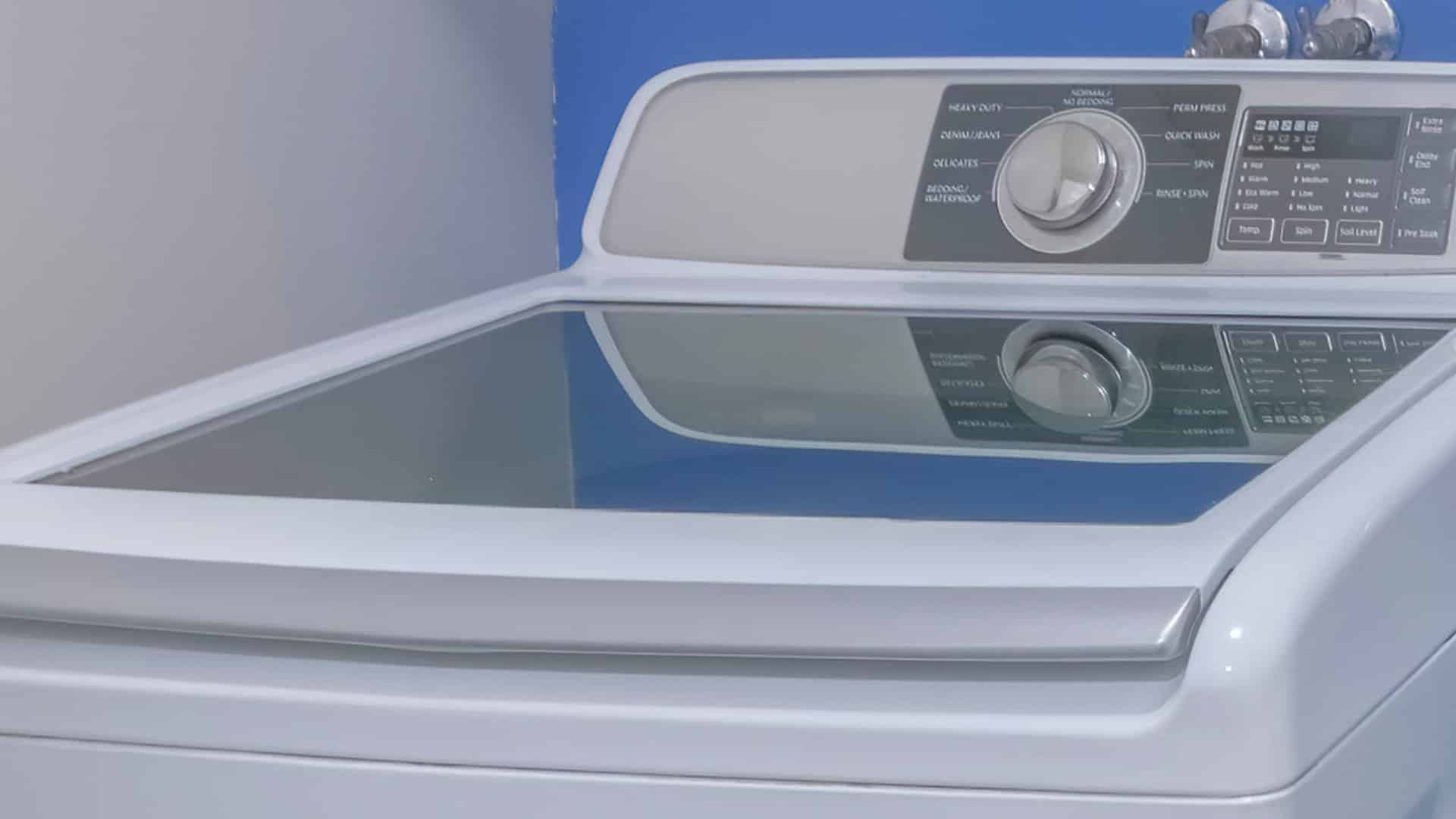
How to Fix the nF Error Code on a Samsung Washer

Kenmore Elite Dryer Issues: How To Troubleshoot
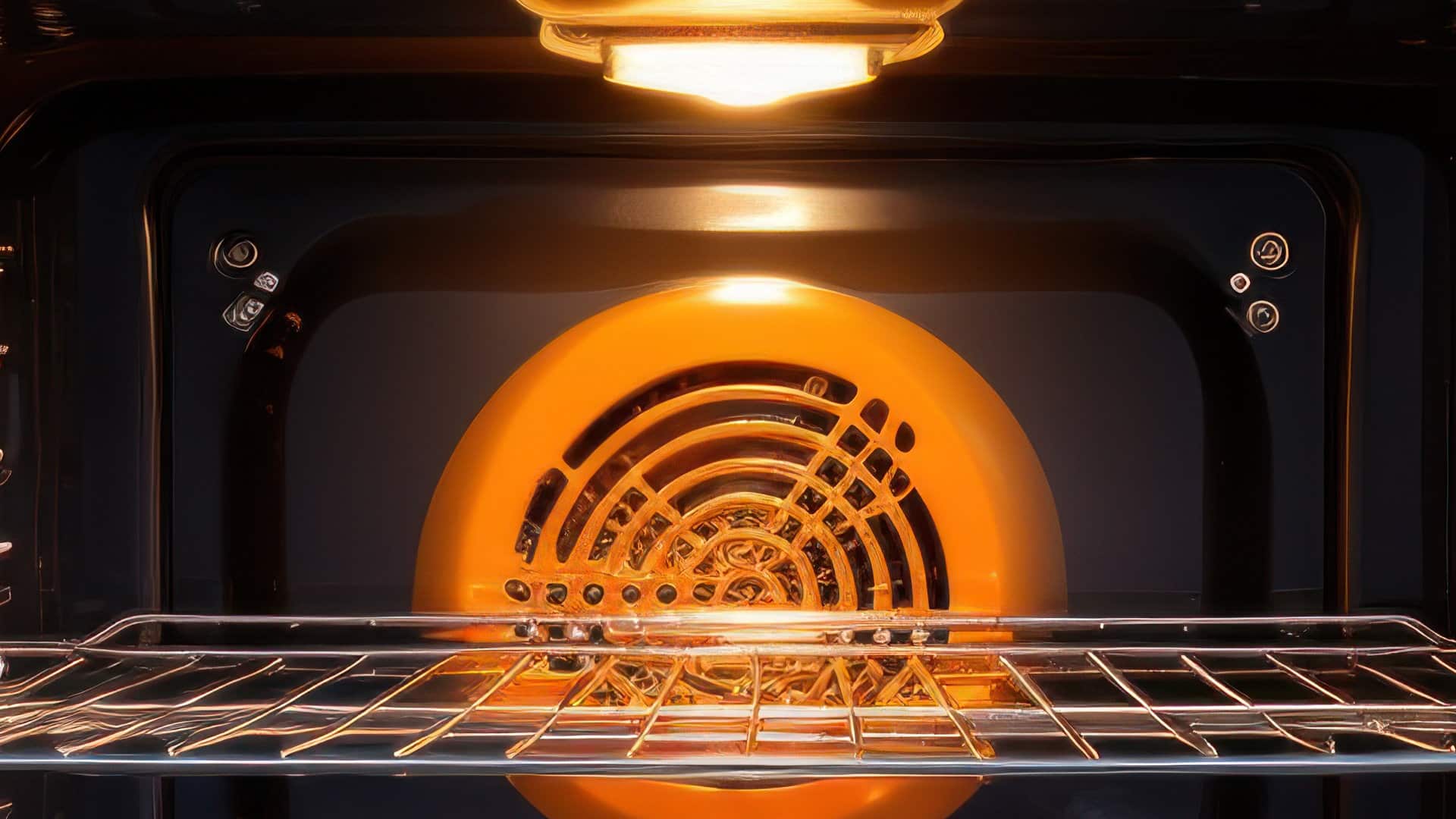
Microwave vs. Oven: Pros and Cons and How They Differ
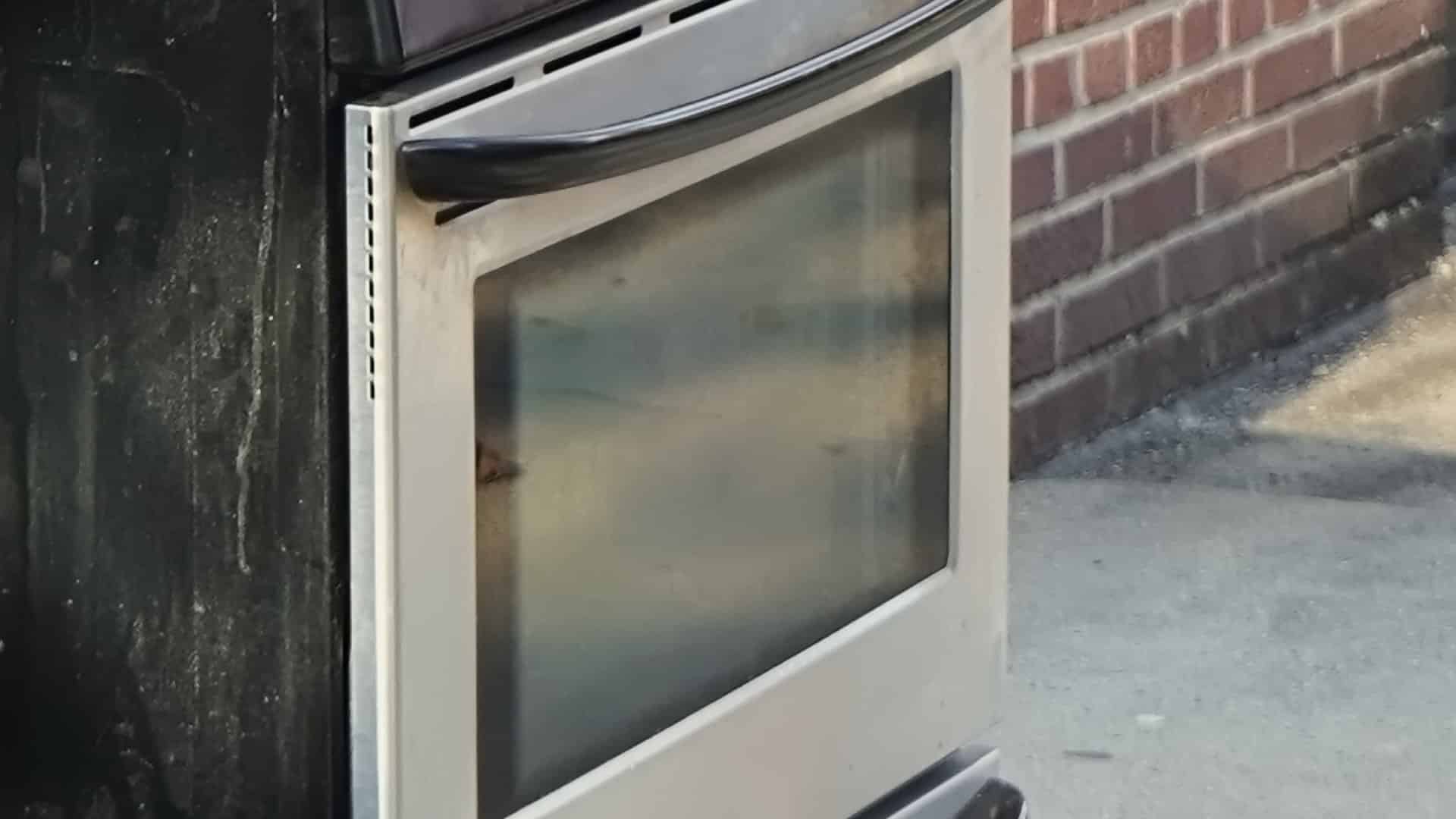
Self-Cleaning Oven Smell: Causes & Odor Reduction Tips

Frigidaire Ice Maker Not Working? 7 Ways to Fix It
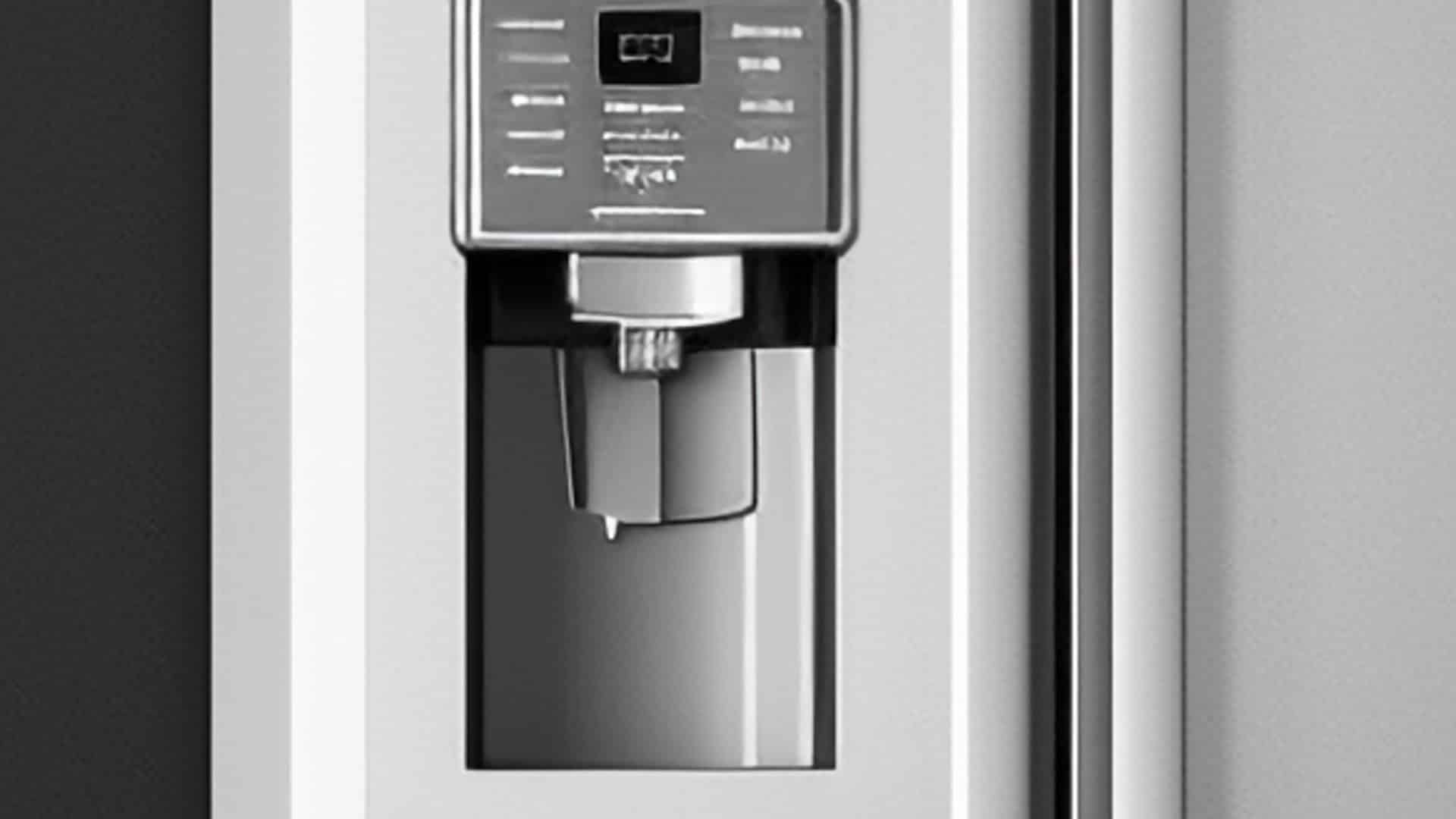
Why Is Your LG Refrigerator Not Cooling? (9 Common Reasons)
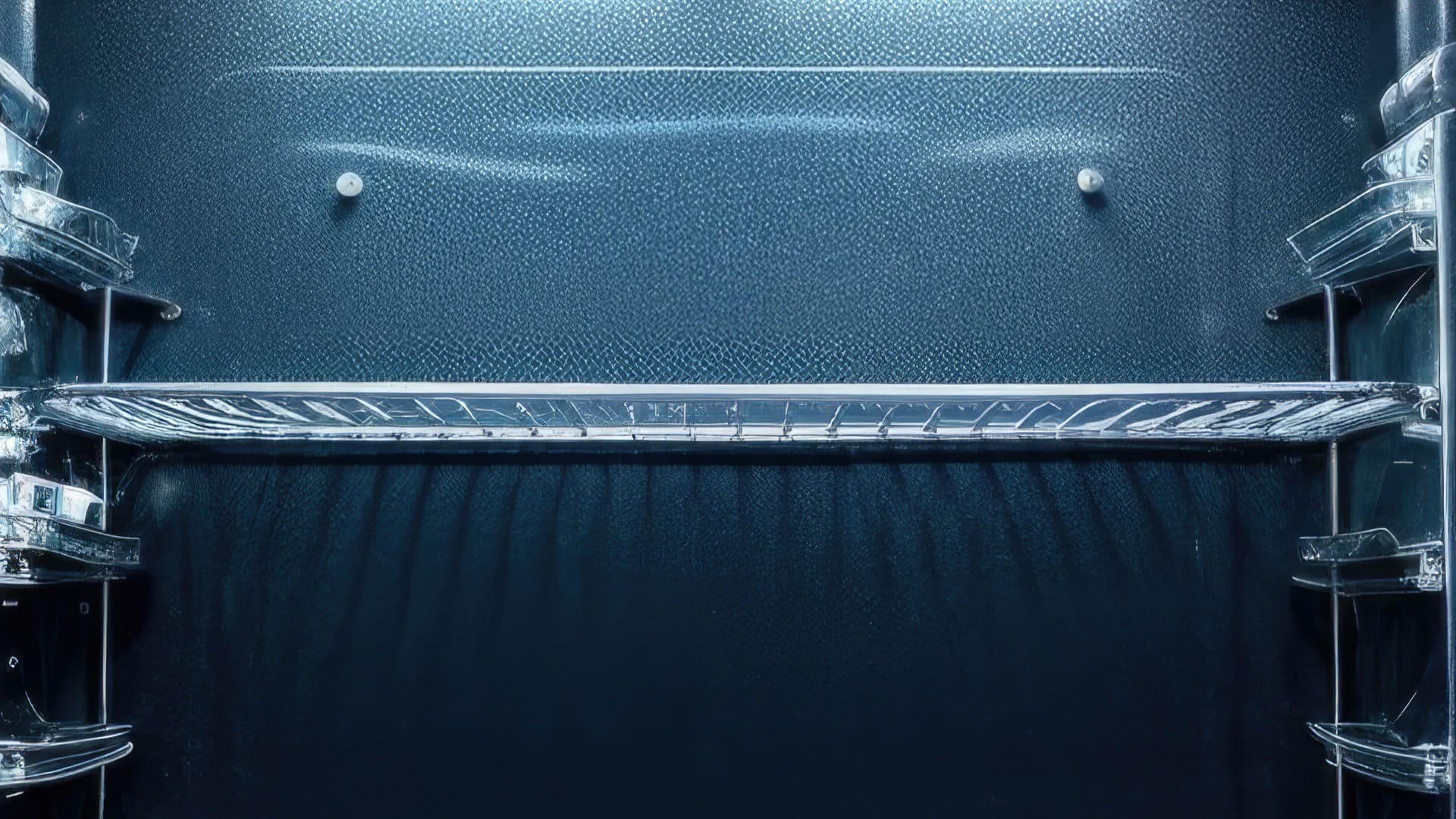
GE Oven F2 Error: Causes & Solutions
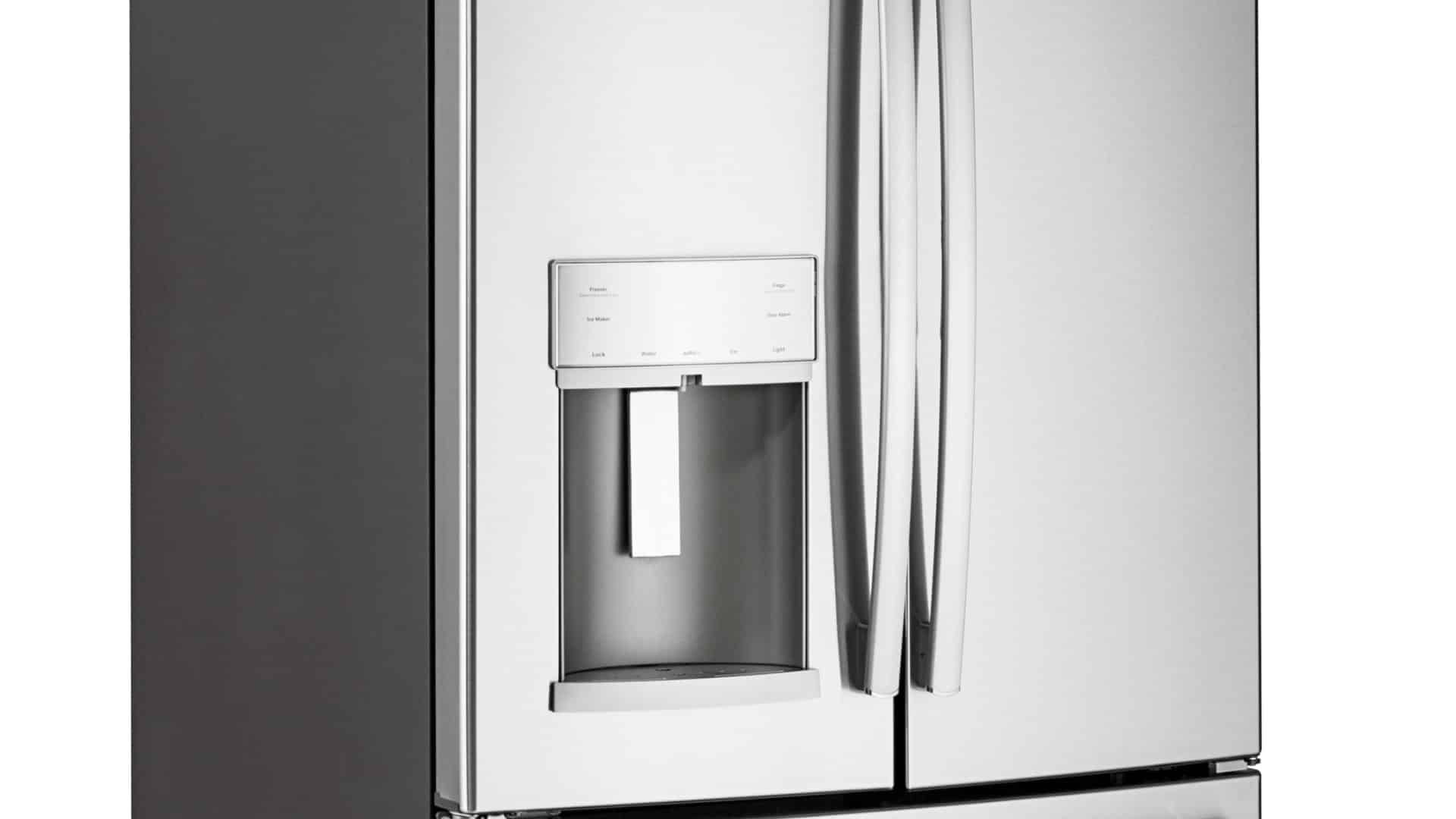
How to Reset the Water Filter Light on a Samsung Refrigerator
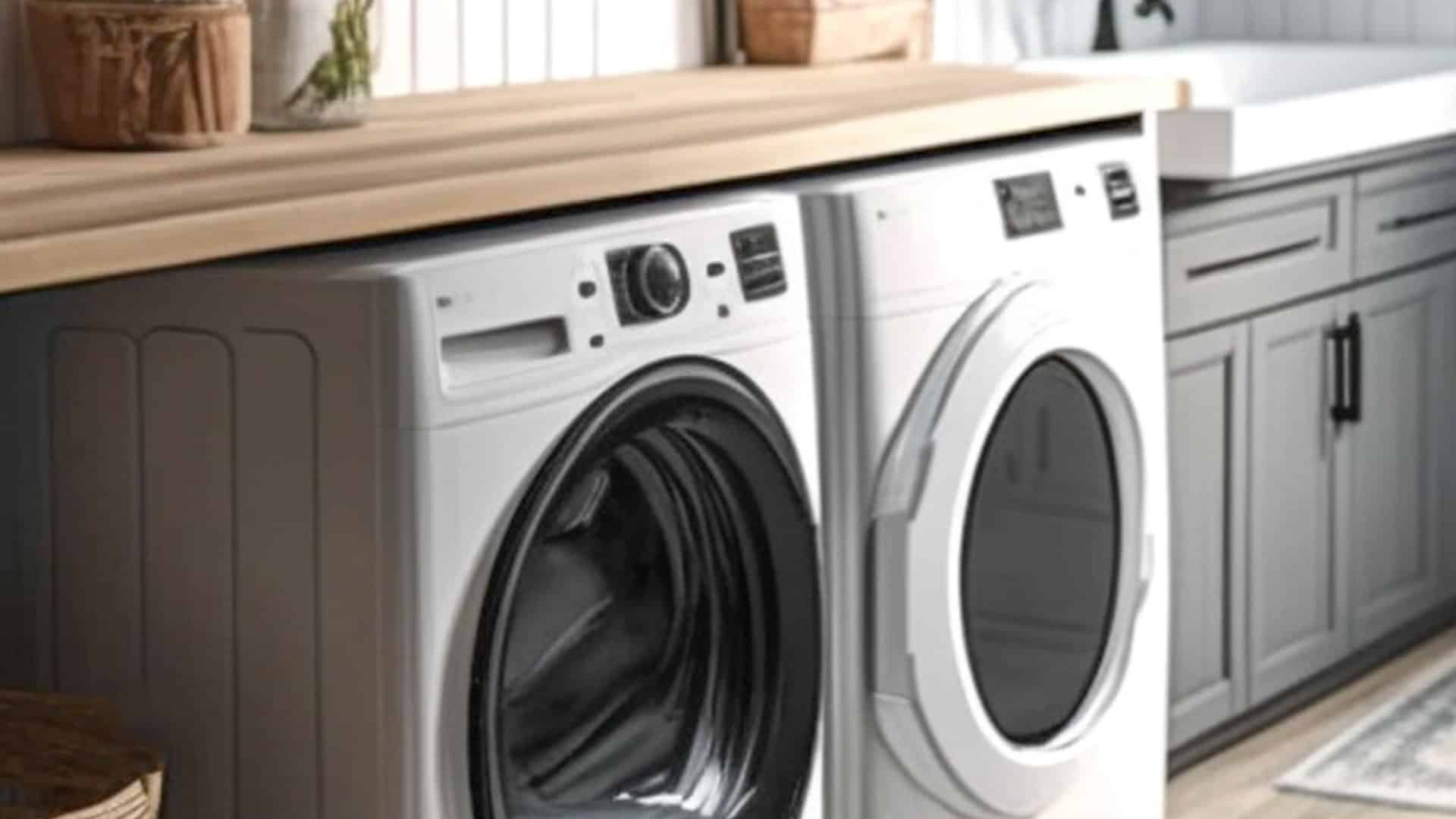
Maytag Washer Showing F5 Error Code? Here’s What To Do
